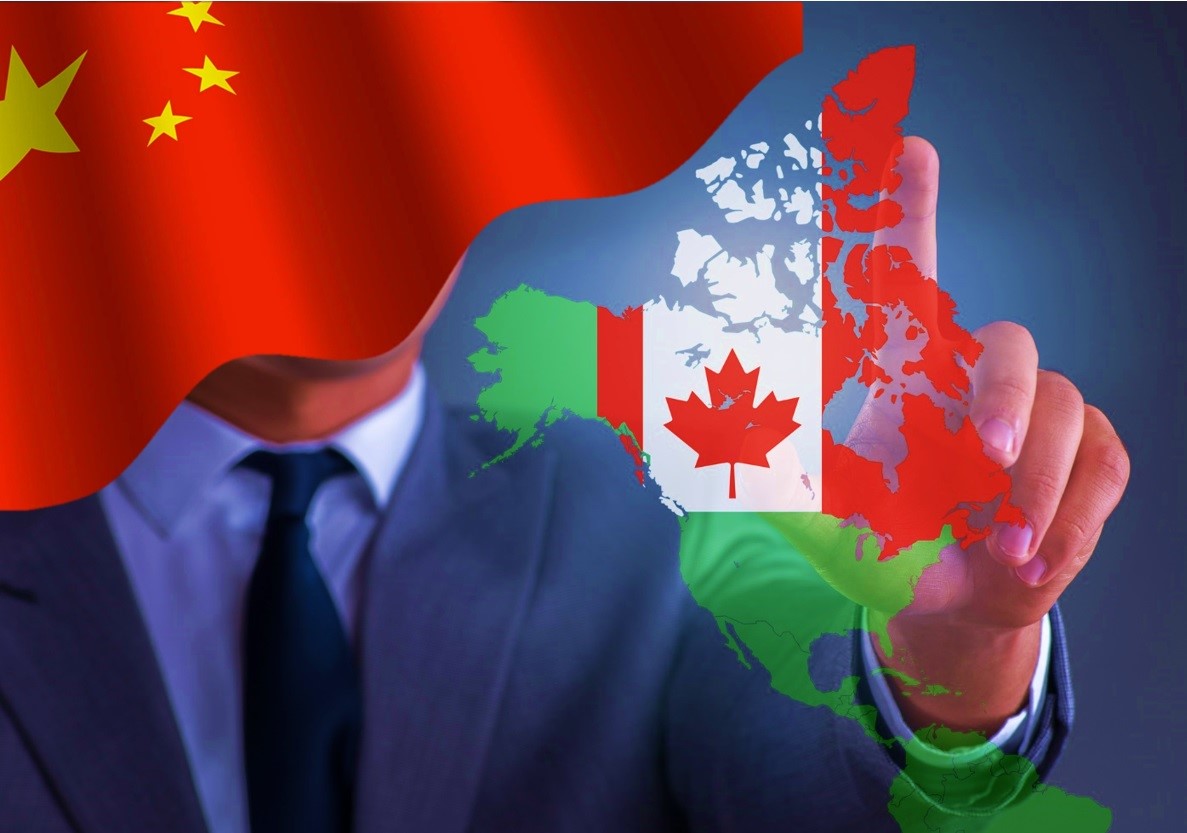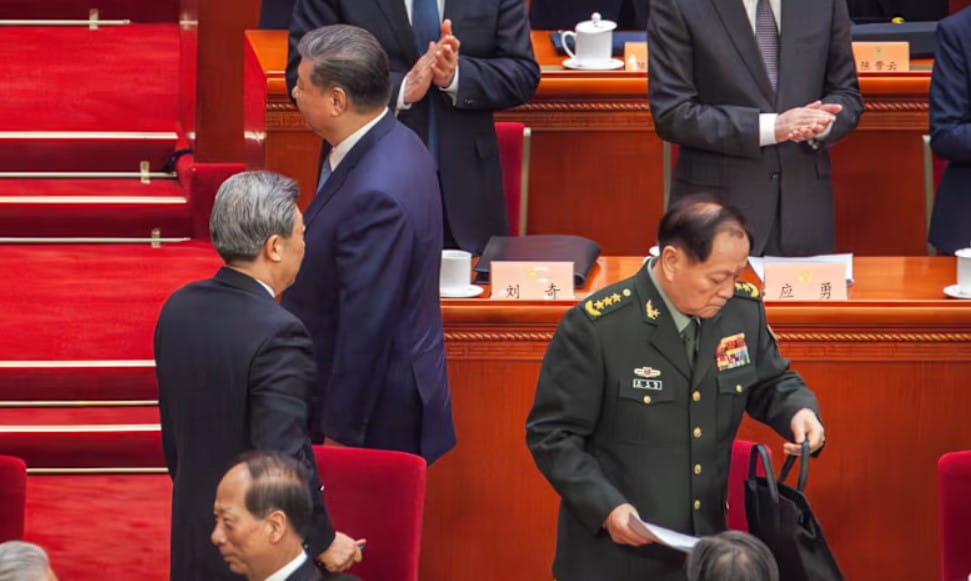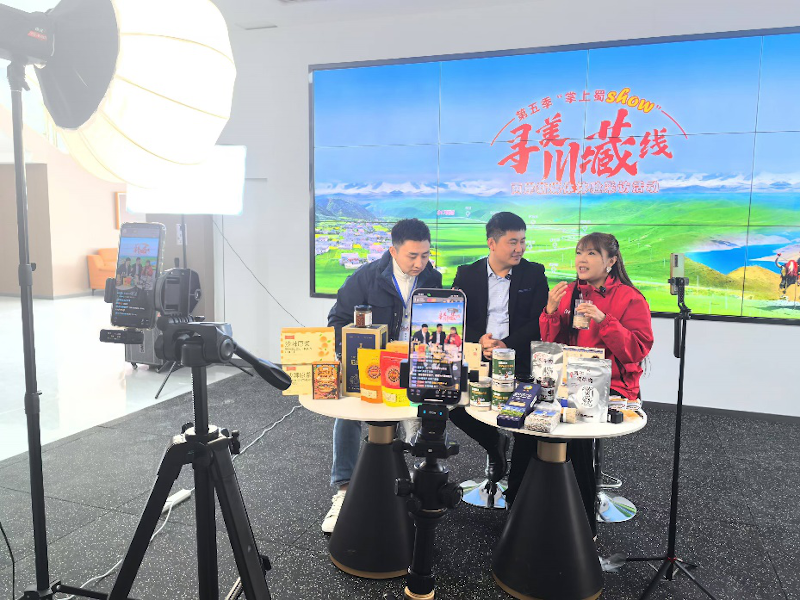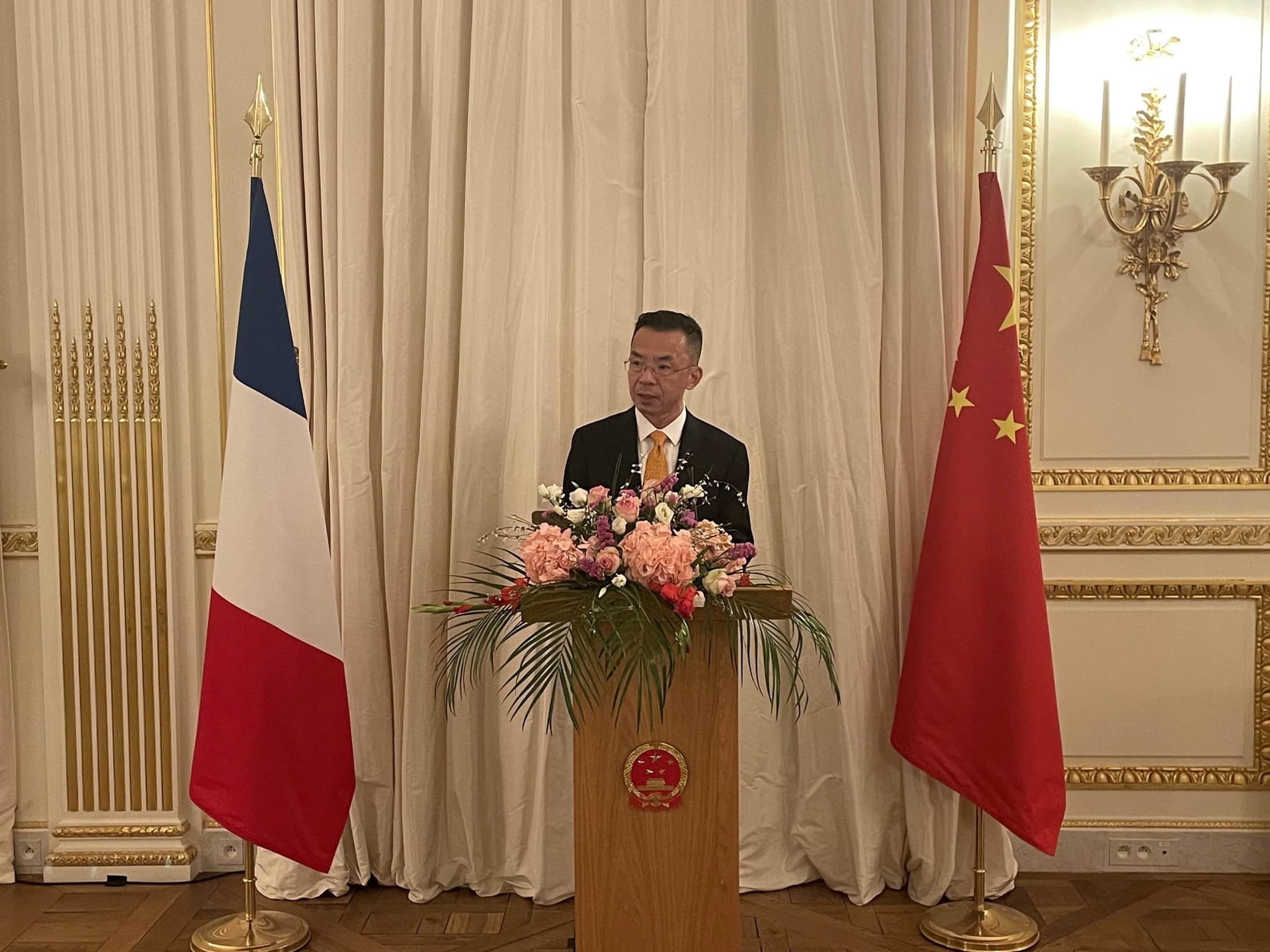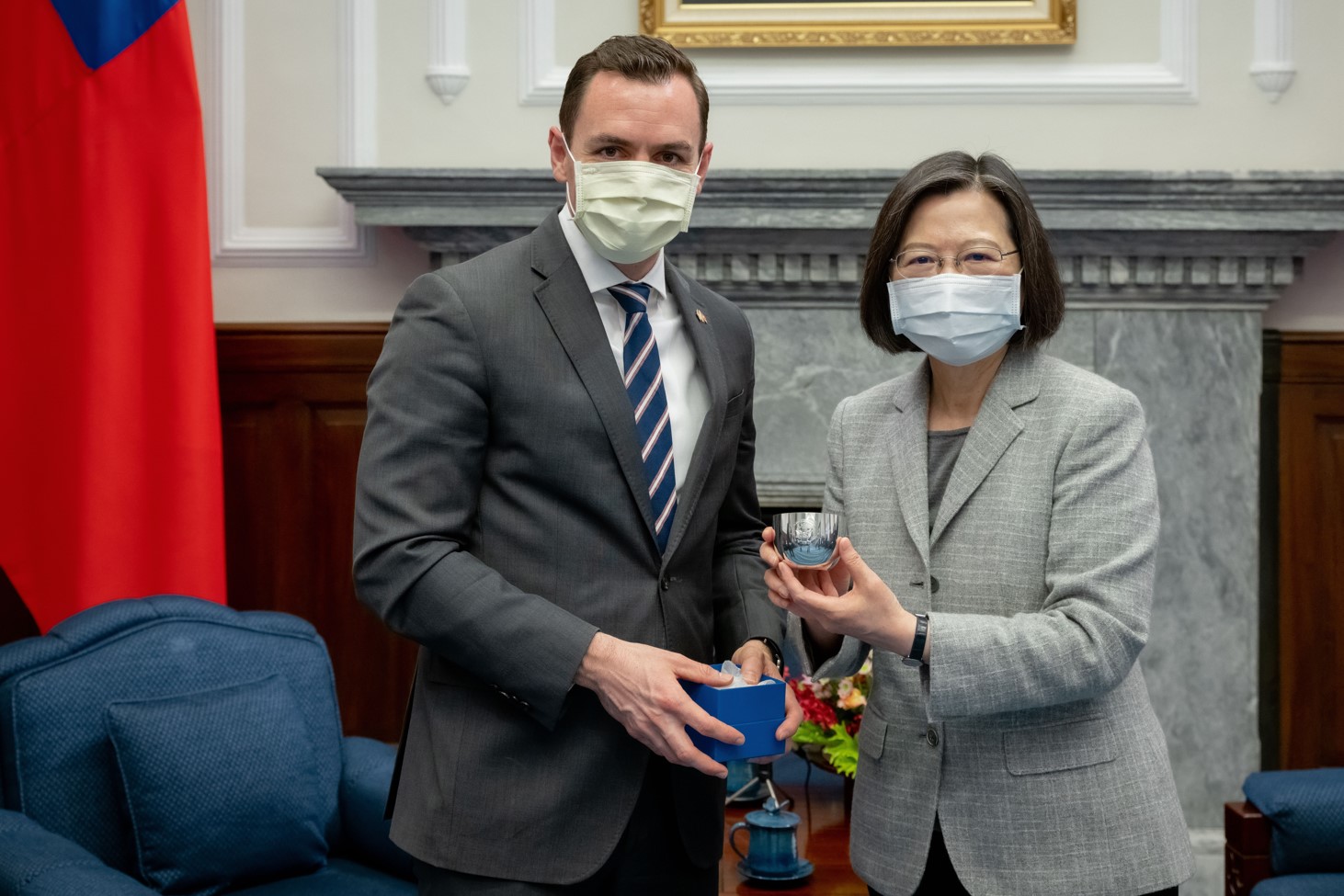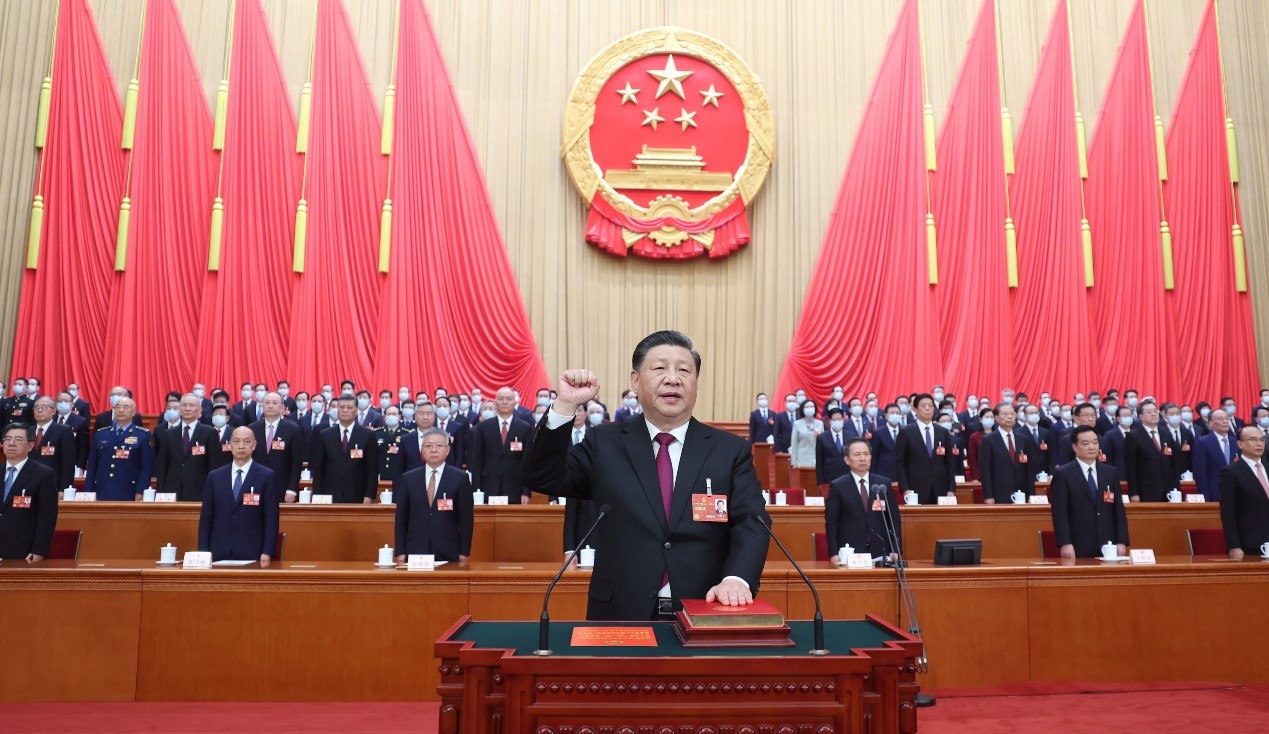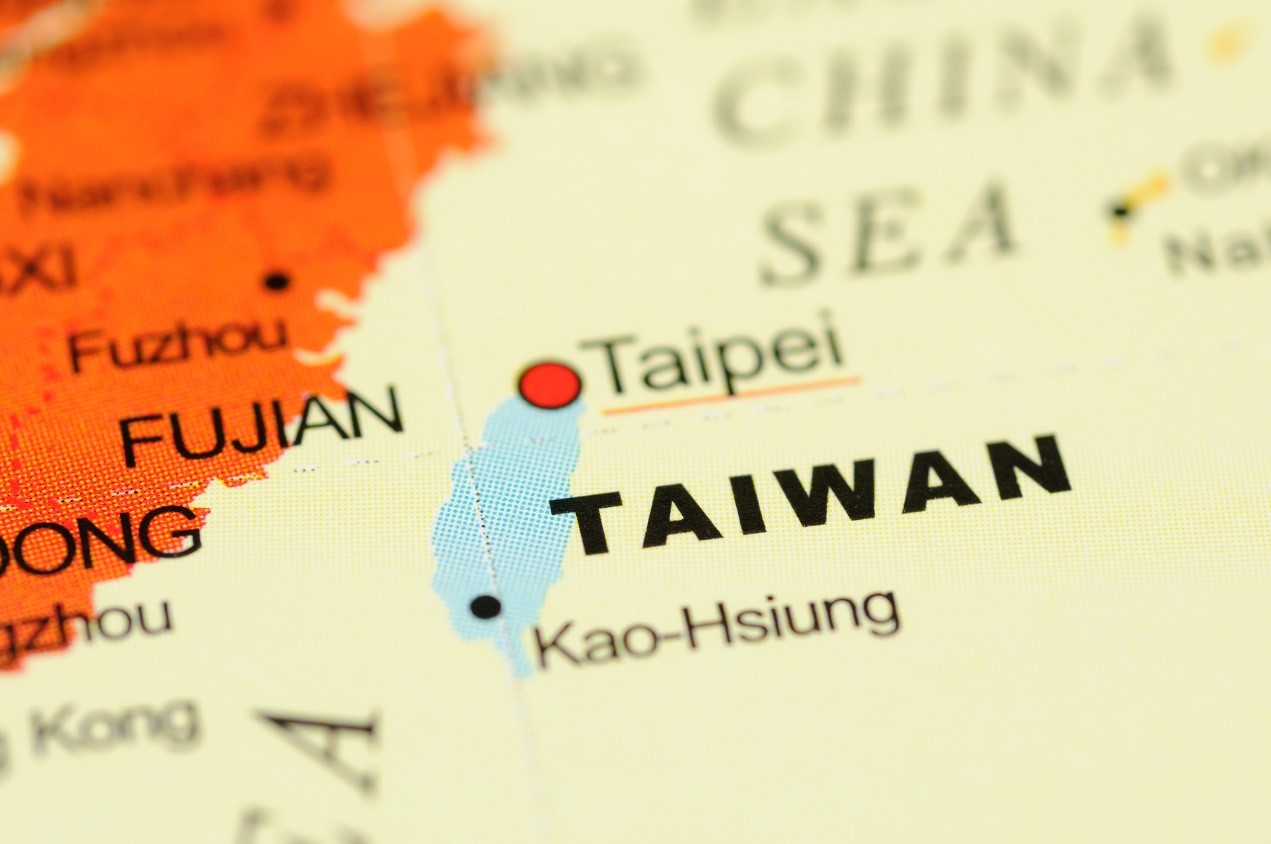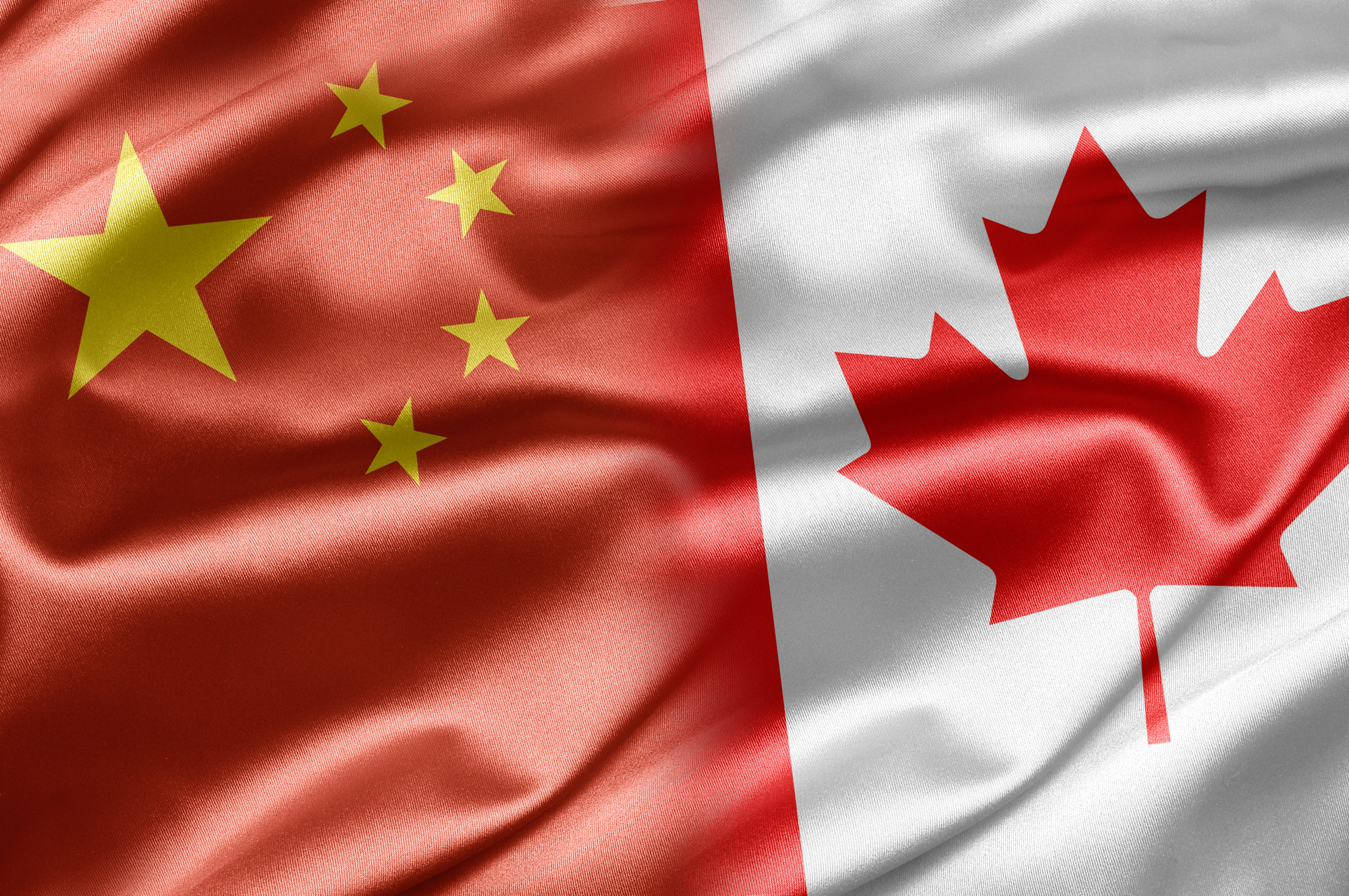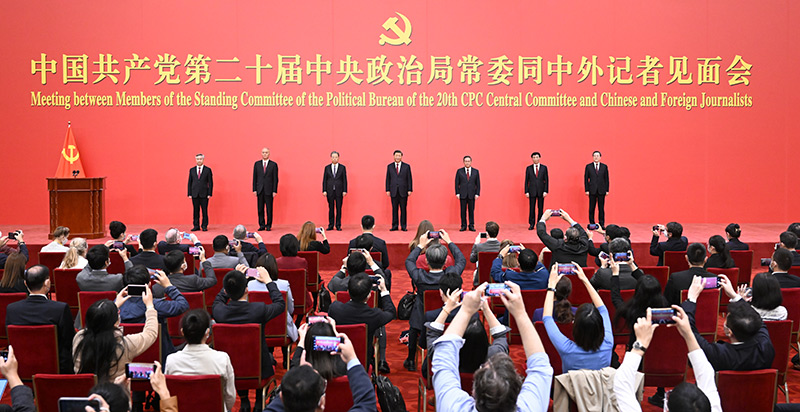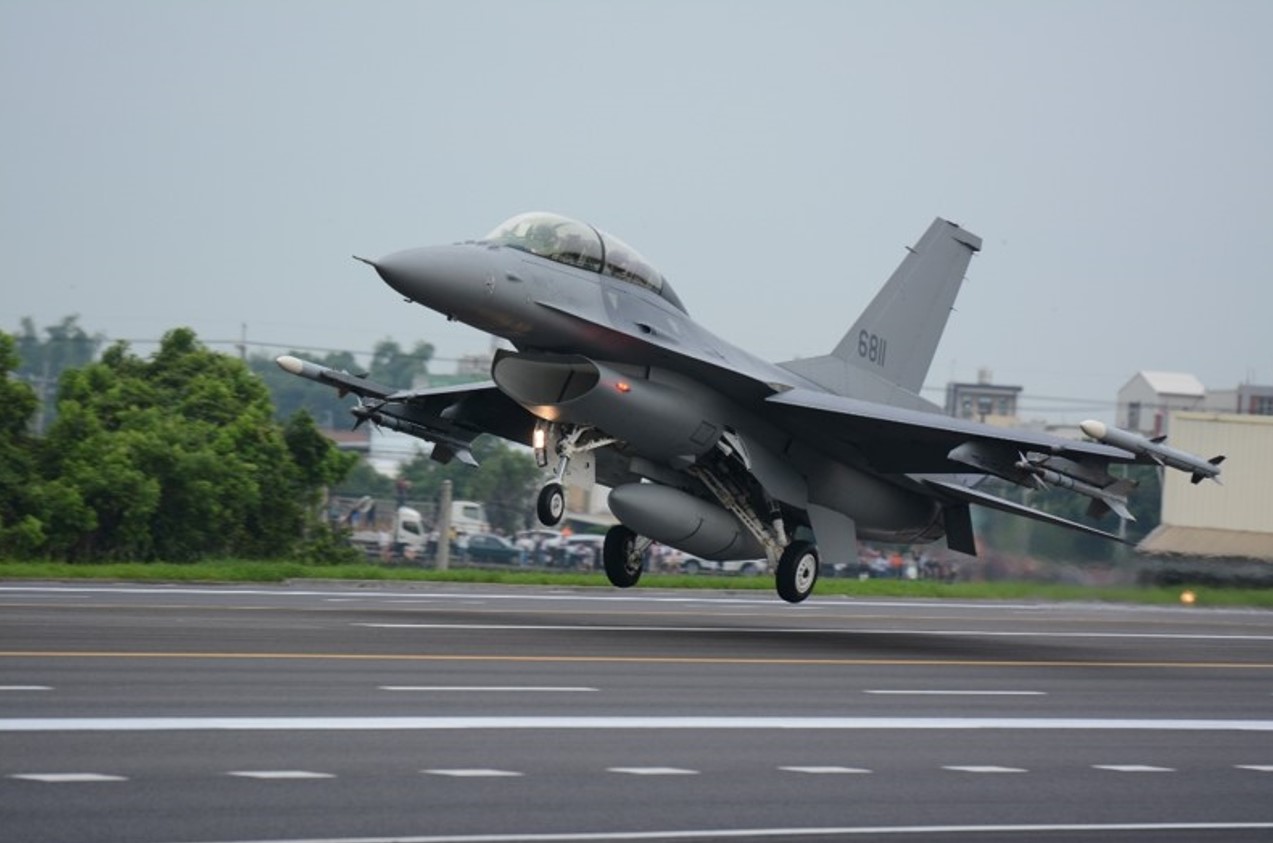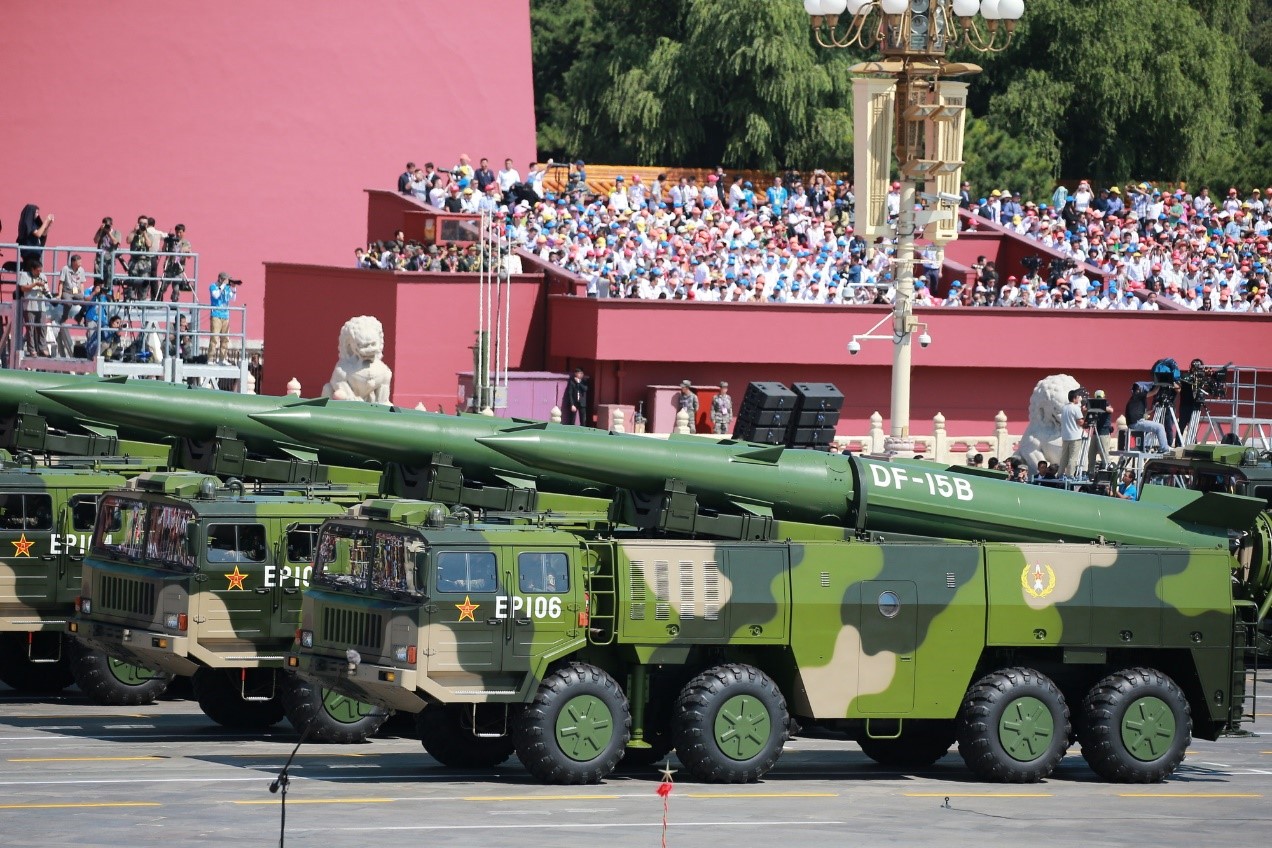Canada has been roiled by damning allegations of Chinese Communist Party interference in Canadian politics and elections in recent weeks. The CCP is known to have deployed transnational repression, in particular through the intimidation of family members who still reside in China or China-controlled territories of individuals overseas who voice their dissent publicly. Picture source: Depositphotos.
Canada Grapples with CCP Interference
Prospects & Perspectives No. 17 March 24, 2023
By Ai-Men Lau
Canada has been roiled by damning allegations of Chinese Communist Party (CCP) interference in Canadian politics and elections in recent weeks. Though Canada has regularly ranked as one of the few fully democratic countries in the world, these bombshell allegations serve as a stark reminder that no democratic institutions or electoral systems are fully perfect or impenetrable.
In February this year, the Globe and Mail published a bombshell report on leaked top-secret intelligence documents detailing how the CCP allegedly deployed a sophisticated strategy to interfere in the 2021 Canadian elections. The documents revealed that the campaign’s primary objectives were to ensure a minority Liberal government would be elected, and to ensure the loss of Conservative candidates deemed unfriendly to Beijing. While there have been previous reports of foreign interference in Canada in past years, this particular report was shocking due to the drastic action of leaking top-secret intelligence documents by the Canadian Security Intelligence Service (CSIS) – a violation of the Security of Information Act and punishable by law.
Since then, it has been a relentless and seemingly endless waterfall of new allegation after new allegation.
Foreign interference is a significant problem that undermines the fabric of a country’s democracy and national security, and if that was not clear to Canadians before, it certainly is now.
Foreign interference beyond the ballot box
These recent allegations of foreign interference are not surprising to some members of the Chinese diaspora, many of whom have long been sounding the alarm on the Chinese Communist Party’s meddling in Canada. The issue of foreign interference is not only concerned with who an individual may vote for at the ballot box; it goes beyond electoral meddling and seeps into all aspects of society. Unfortunately, the Chinese diaspora and other vulnerable communities bear the brunt of the worst of foreign interference in the form of transnational repression.
Transnational repression is defined as governments actively repressing dissent among the diaspora. Tactics have ranged from assassinations, illegal deportations, abductions, digital threats and family intimidation. The CCP is known to have deployed transnational repression, in particular through the intimidation of family members who still reside in China or China-controlled territories of individuals overseas who voice their dissent publicly. These tactics have created a climate of repression among the diaspora and many have self-censored due to fears of jeopardizing their families. As it currently stands, there have been little measures to address transnational repression in Canada and activists have expressed their frustration with inadequate support from local authorities and governments.
It should also be stressed that the Chinese diaspora in Canada is a diverse community, rich in cultures, languages, and unique histories. Many members of the Chinese diaspora do not have ties to the PRC, either familial or economically, and others have been born and raised in Canada their entire lives. Many do not speak Mandarin and may hail from other countries like Malaysia and Vietnam. While foreign interference and transnational repression are significant issues, they do not impact the diaspora equally either. It is also important to emphasize that there has been a significant rise anti-Asian sentiment in Canada, which has led to physical assaults, other forms of harassment and discrimination. This has ramifications for the Chinese diaspora, many of whom are innocent bystanders caught in the crosshairs of two worlds and their geopolitical tensions.
Looking forward - a civil society approach
Prime Minister Justin Trudeau has responded to the recent allegations of foreign interference in the federal election by appointing David Johnston as the special rapporteur to investigate foreign interference, provide recommendations and determine if a public inquiry is necessary. Further steps announced have included reviews by Canadian intelligence bodies on foreign interference issues and challenges, new funding for civil society organizations to combat disinformation, and the appointment of new foreign interference coordinator at Public Safety of Canada. Additionally, public consultations on a foreign agent registry have opened.
It finally seems as if Canada is taking foreign interference seriously. However, Canada’s tackling of foreign interference is heavily reliant on top-down approaches. Government alone cannot adequately nor effectively address all aspects of foreign interference. As discussed above, foreign interference affects many aspects of society beyond the ballot box, and other avenues for combatting foreign interference should therefore be explored. In particular, a whole-of-society approach.
There is no foolproof way to completely stop foreign interference and electoral meddling. However, there are ways to counter and minimize the impacts of such operations, and a whole-of-society approach seeks to foster overall resilience in society to foreign interference. A whole-of-society approach includes engagement with a range of traditional and non-traditional stakeholders, such as academia, the private sector, media, and local communities. Crucially, it prioritizes engagement with civil society, aims to facilitate active participation in the decision-making process, and rebuilds trusts in our public institutions. It can also tackle the challenge of foreign interference in ways that do not demonize the Chinese diaspora.
The Chinese diaspora must be included in this whole-of-society approach; vulnerable communities such as Hong Kongers, Uyghurs, Tibetans and Taiwanese have a role to play. While the Chinese diaspora and dissident communities bear the brunt of foreign interference by the CCP, these communities are often not regarded as part of the solution to tackle foreign interference. The Chinese diaspora, if given the adequate support and protection, can help to bridge the gap of cultural understanding, monitoring of foreign interference and knowledge of foreign interference tactics. In particular, Hong Kongers are well versed in foreign electoral meddling.
Furthermore, increasing civic engagement initiatives among these communities should be further explored which can include funding grassroots organizations that are well versed in the understanding of the Chinese diaspora’s cultural norms, languages, and practices. Other initiatives can also include raising awareness of disinformation and information operations, political communication in languages used by the diaspora and funding ethnic language media outlets in Canada to establish a more diverse Chinese-language media landscape. Finally, national security concerns such as foreign transnational repression must be considered to ensure targeted communities can safely and freely engage in democracy without ramifications.
Conclusion
The bad news is that foreign interference is a challenge that is here to stay. The good news is that we can and should be looking to how Canada tackles the issue. While the government is taking encouraging first steps, these steps are not enough to address the challenge of foreign interference. A whole-of-society approach should be deployed to build resilience in society to minimize the impact of foreign interference.
(Ai-Men Lau is a research analyst at Doublethink Lab.)

